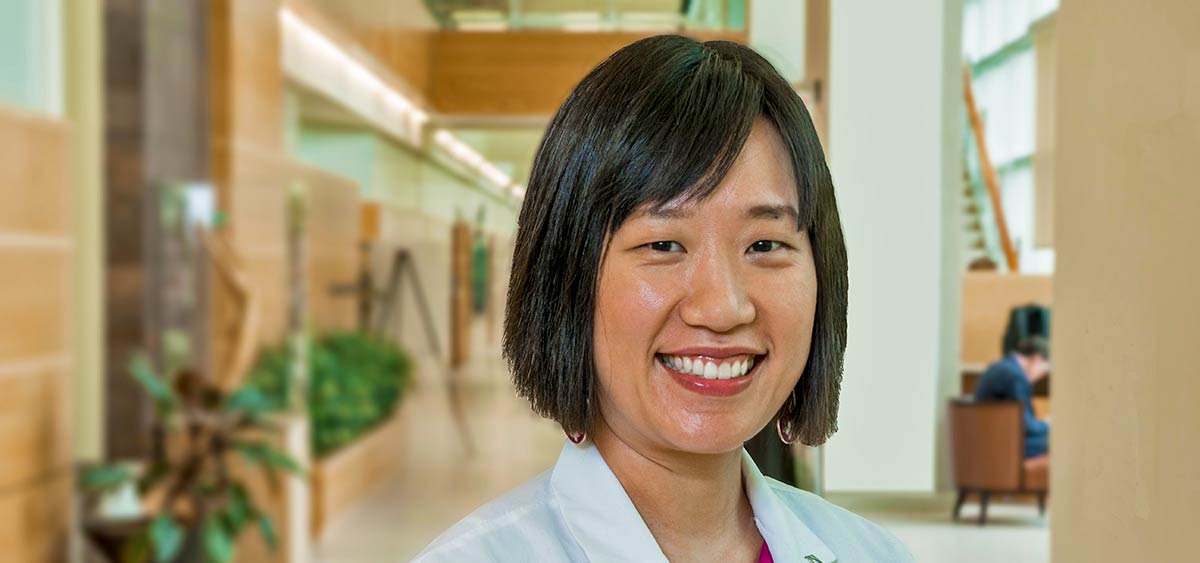
PHILADELPHIA (March 13, 2020)—Fox Chase Cancer Center researchers have published a study suggesting that genomic profiles measured through circulating free DNA (cfDNA) in the blood of breast cancer patients may provide a more effective way to treat cancer and track its progression.
The study was conducted by several Fox Chase researchers, including Sandra Fernandez, PhD, a research faculty member for the Breast Cancer Translational Research Disease Group, and Jennifer Winn, MD, MS, assistant professor in the Department of Hematology/ Oncology.
It included 19 patients with inflammatory breast cancer and compared blood samples with tissue samples taken from tumors. The researchers concluded that the genetic profile found in blood samples, which they dubbed “liquid biopsies,” were complementary to those taken from tumors through biopsy.
“The benefit is that taking blood samples is not as invasive, so you can follow patients through the progress of the disease using blood samples. The idea of this is to develop a test for future use in the clinic to detect mutations in patients,” said Fernandez.
“We use inflammatory breast cancer patients because most of these cases are advanced, so the probability that you’ll find cfDNA that came from the tumor is higher,” said Fernandez. With higher probabilities of cfDNA derived from cancer cells, researchers are more likely to be able to identify mutations throughout the cancer’s progression or remission.
“These tumors will shed ‘garbage’ into the ‘sewer system,’ which is our blood stream. Sometimes we want to test a tumor but the tumor is very deep, and it’s hard to get a needle into it or it’s dangerous to the patient,” said Winn. “An alternative to that is testing the ‘garbage.’ So cfDNA basically uses that concept. Tumors shed their DNA into the blood stream, and it’s much easier to draw blood than to do needle biopsies.”
Winn said another benefit to this method is that it yields a better understanding of the cancer as a whole. Tumors aren’t uniform and can often vary from one side to the other, so a biopsy taken from one side may not accurately reflect the genomic profile of the entire tumor. This could make personalized therapies less effective.
Further studies are ongoing to improve these investigative tools using next-generation sequencing to study mutations. Furthermore, these studies are being expanded to other types of cancer such as lung, colon, and ovarian.
The study, “Genetic Variants Detected Using Cell-Free DNA From Blood and Tumor Samples in Patients With Inflammatory Breast Cancer” was published in the International Journal of Molecular Sciences.